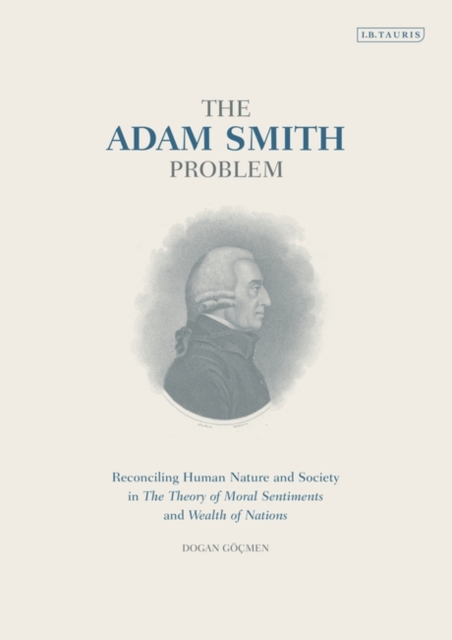The Adam Smith Problem: Reconciling Human Nature and Society in 'The Theory of Moral Sentiments' and 'Wealth of Nations'

The Adam Smith Problem: Reconciling Human Nature and Society in 'The Theory of Moral Sentiments' and 'Wealth of Nations'
Gocmen argues that this ethical position points to the character of its ideal future replacement, that of Adam Smith's Utopia. Gocmen therefore dismisses as short-sighted and oversimple the common assumption that Adam Smith's Utopia consists merely of 'the invisible hand', the idea that markets would regulate everything if left to their own dynamics. This book challenges the traditional approach to Adam Smith and is the first contribution to the solution of a long-standing debate, making it essential reading for anyone wanting to understand the moral philosophy, political economy and utopian thought of Adam Smith.
PRP: 992.00 Lei
Acesta este Pretul Recomandat de Producator. Pretul de vanzare al produsului este afisat mai jos.
892.80Lei
892.80Lei
992.00 LeiLivrare in 2-4 saptamani
Descrierea produsului
Gocmen argues that this ethical position points to the character of its ideal future replacement, that of Adam Smith's Utopia. Gocmen therefore dismisses as short-sighted and oversimple the common assumption that Adam Smith's Utopia consists merely of 'the invisible hand', the idea that markets would regulate everything if left to their own dynamics. This book challenges the traditional approach to Adam Smith and is the first contribution to the solution of a long-standing debate, making it essential reading for anyone wanting to understand the moral philosophy, political economy and utopian thought of Adam Smith.
Detaliile produsului












